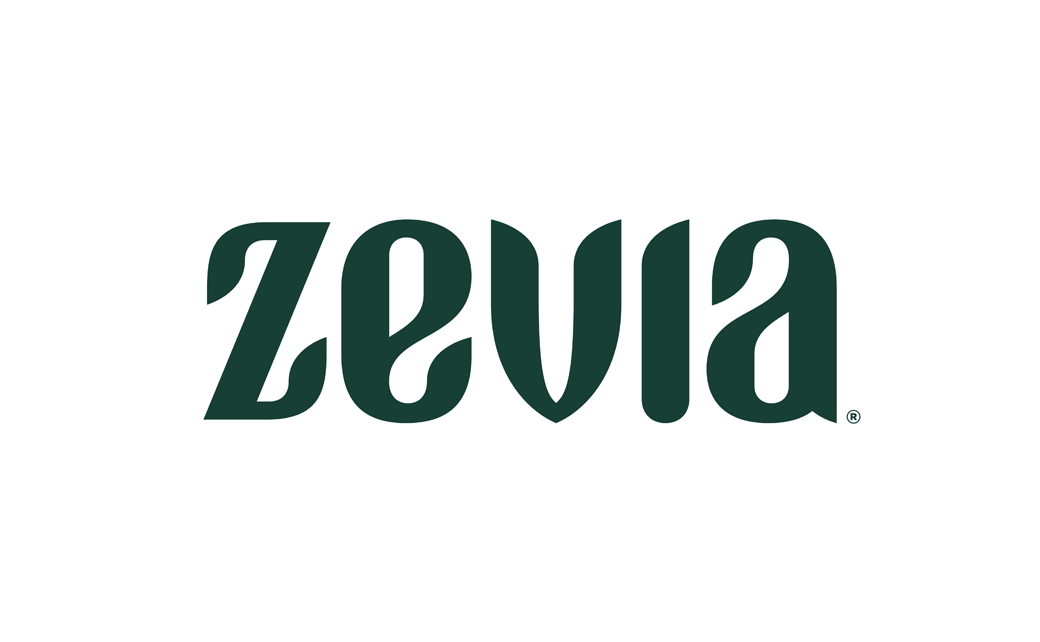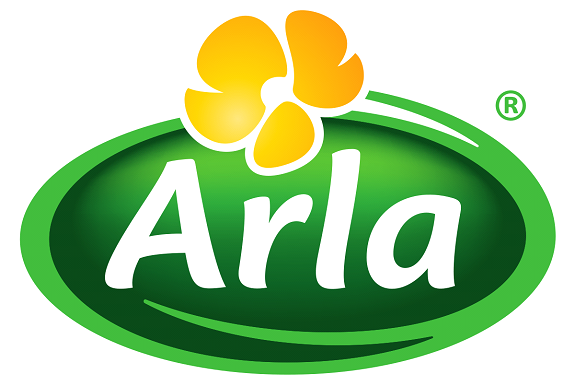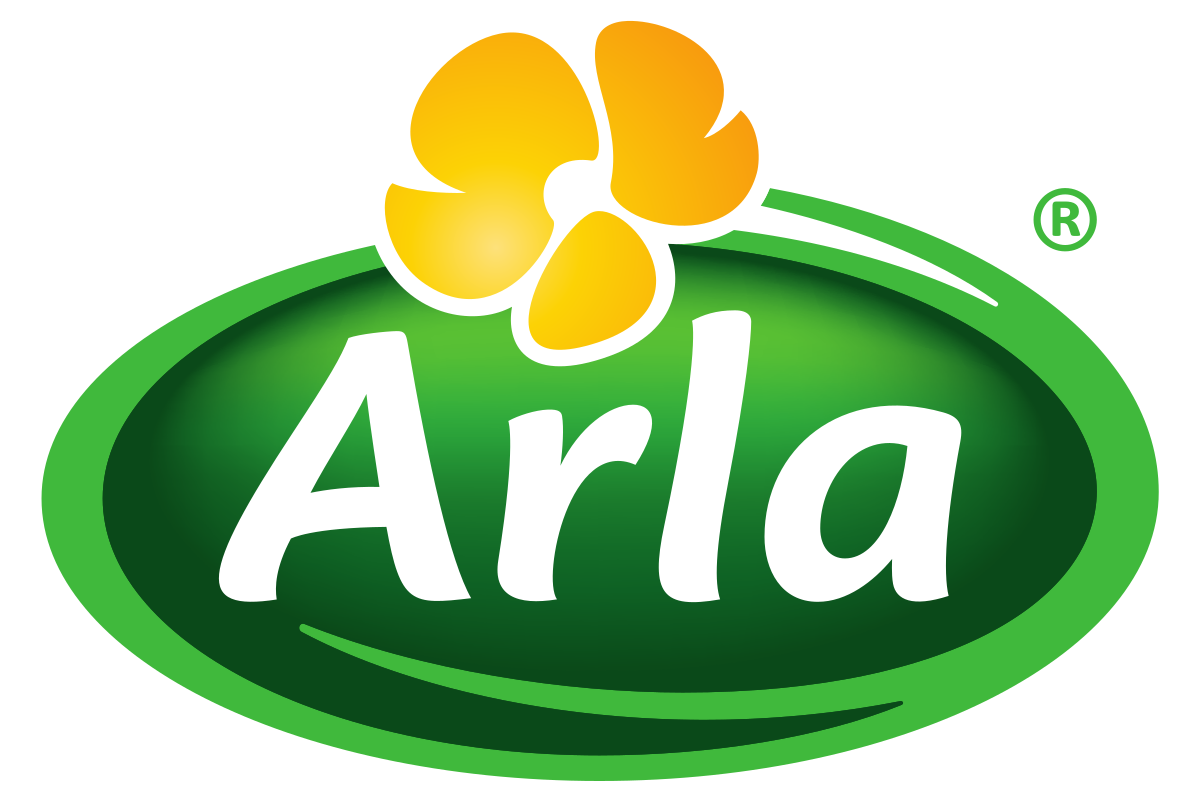CPG Industry News Roundup: October 11 – October 17
This week in the CPG industry, we’ve seen a range of notable developments, from strategic funding in the functional beverage space to innovative product launches and key acquisitions. These stories reflect where the industry is heading, as companies adapt to consumer preferences for healthier, sustainable, and premium options. Let’s explore the key highlights from the week.

Magic Cactus Raises $275K in Fresh Equity Funding
Magic Cactus, an Arizona-based purveyor of functional THC beverages, raised $275K in fresh equity funding from undisclosed investors. Jonny Locarni launched Magic Cactus in late 2023, with the brand hitting retail shelves in early 2024. Known for its THC-infused functional beverages, the company has quickly gained traction in the market. The recent funding will help expand its retail presence and production capacity, tapping into growing demand for cannabis beverages.
Adam Levine’s Tequila Sells Majority Stake to Amass
Calirosa Tequila, co-founded by musician Adam Levine, has sold a majority stake to the spirits group Amass. This move is part of a broader strategy to grow Calirosa’s international distribution and increase market penetration. Known for aging its tequila in California red wine barrels, Calirosa has gained a following for its unique flavor profile and innovative approach. Partnering with Amass will allow the brand to leverage a larger distribution network and expand its reach.

Blue Stripes Raises $20M to Create a Sustainable Future for the Cacao Industry
Blue Stripes, a company focused on sustainable cacao, has raised $20M to support its mission of building a more eco-friendly cacao supply chain. The funding will be used to grow its product line, which emphasizes utilizing the entire cacao fruit, reducing waste, and promoting environmentally conscious farming practices. As sustainability becomes a more critical issue across industries, Blue Stripes aims to lead the charge in transforming how cacao products are sourced and produced.

Tom Holland Launches Bero Non-Alcoholic Beer
Actor Tom Holland has launched Bero, a new non-alcoholic beer brand, targeting health-conscious consumers who are seeking alternatives to traditional beer. Bero is positioned to tap into the sober-curious trend, offering a premium non-alcoholic option that doesn’t compromise on flavor. As the non-alcoholic beverage category continues to grow, Bero will compete with established brands aiming to provide high-quality, alcohol-free drinking experiences.

Koia Unveils Koia Kids Plant-Based Nutrition Shakes
Koia has introduced a new line of plant-based nutrition shakes for kids, created in partnership with nutrition experts. These shakes are designed to fill a gap in the market for plant-based, nutritious options aimed at children. With more parents seeking healthier, dairy-free products for their kids, Koia’s new line is poised to attract attention in the plant-based space, particularly among health-conscious families.

Supple Launches World’s First Premium Orthopedic Drink Mix
Supple has launched the world’s first orthopedic drink mix, which supports joint health and performance. Designed for athletes and those with joint concerns, the drink mix addresses mobility and joint health needs. As the functional beverage market expands, products like Supple’s orthopedic drink mix are emerging to meet the demand for health-focused options that go beyond basic hydration.

LVMH Spirits Sales Drop 11%
LVMH, the global luxury conglomerate, reported an 11% drop in spirits sales. This decline is primarily driven by lower demand in key markets such as the U.S. and China. The dip in sales highlights challenges within the premium spirits sector, where economic uncertainty has affected consumer spending on luxury items.
What Do These Moves Mean for the Industry?
Cannabis and Functional Beverages Continue to Grow
The success of brands like Magic Cactus and the launch of products like Supple’s orthopedic drink mix reflect a larger trend toward functional beverages. Consumers are looking for drinks that do more than just quench thirst; they want products that provide health benefits or serve a specific function. This shift is pushing brands to innovate in ways that directly meet these new consumer needs.
Sustainability is Becoming a Necessity
Blue Stripes’ $20M funding round emphasizes the growing importance of sustainability in CPG. Brands that prioritize eco-friendly practices and waste reduction are resonating with consumers who want to know their purchases align with their values. The focus on utilizing the entire cacao fruit to minimize waste could inspire similar initiatives across other categories, as brands seek to enhance their sustainability credentials.
The Rise of Premium and Non-Alcoholic Alternatives
Adam Levine’s Calirosa tequila sale and Tom Holland’s non-alcoholic beer launch show that premiumization and non-alcoholic options continue to grow in importance. While premium spirits brands may face challenges in the current economic climate, they can still capture consumer interest by offering unique and innovative products. Meanwhile, the rise of non-alcoholic beverages highlights how consumer behavior is shifting towards mindful consumption and healthier choices.
Plant-Based Innovation for Younger Audiences
Koia’s launch of its plant-based nutrition shakes for kids highlights the continued expansion of plant-based products into new demographics. As more parents seek healthy, plant-based options for their children, brands that cater to this audience can capture a growing segment of the market. Koia’s move is part of a broader trend of plant-based innovation, which now goes beyond adults and aims to serve the whole family.
Conclusion
This week’s news underscores a growing focus on innovation, sustainability, and functional benefits in the CPG industry. As consumer demands shift toward healthier, more mindful consumption, brands are adapting by launching products that align with these values. Whether it’s through sustainability efforts, premium product offerings, or functional beverages, the future of CPG is being shaped by companies that can anticipate and meet these emerging consumer needs.


















